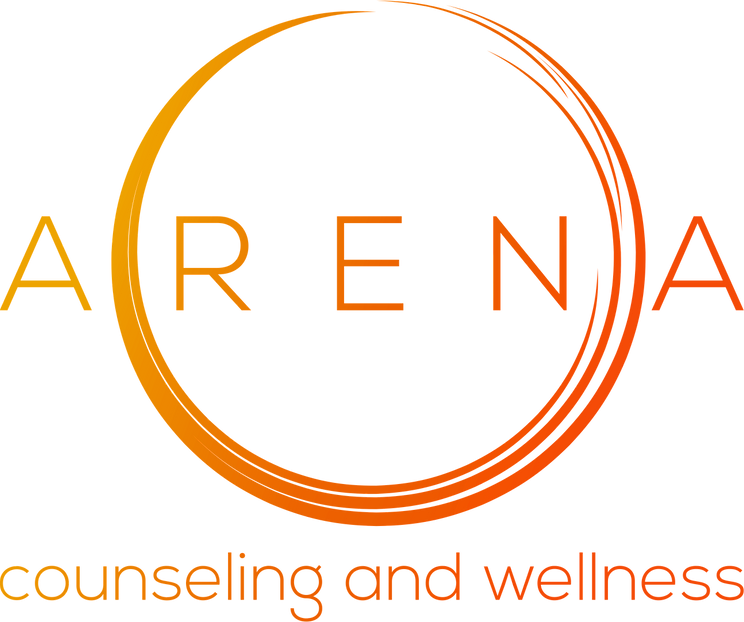Children Therapy in Gainesville, FL
What is it?
Just like adults, child patients receive emotional and goal support during their sessions. It offers a safe space and an empathetic ear for them to express themselves with freedom and feel understood. It is very important to make sure children understand what is happening and that they are not alone.
Learn More
Frequently Asked Questions
-
What signs may indicate a child needs therapy?
The following symptoms may indicate a problem that therapy can help with:
- Unwarranted aggression.
- Victim of bullying.
- Their parents divorced.
- Persistent feelings of sadness, worry, hopelessness, and anxiety.
- Diets or binge behavior.
- Violent acts such as hurting animals or starting accidents.
- Self-harm, such as cutting.
- Alcohol or drug use.
- Talking about voices they hear in their heads.
- Expressing thoughts of suicide.
-
How can a child benefit from therapy?
- It helps children deal with life’s challenges.
- It reduces anxiety and depression and increases self-esteem, social skills, and a strong sense of self.
- Cognitive therapy is a good choice for emotional children, as it helps them learn new ways to channel their feelings and energy.
- They gain a measure of independence that will help them carry themselves into adulthood.
-
How do I talk to my child about therapy?
One of the best ways to approach this conversation is to treat it as what it is: a normal doctor’s appointment. Let your child know that they’re going to therapy to make sure everything is okay or if there is anything that the specialist needs to treat. Never try to trick your kid into going to therapy, as it will cause them to be closed off and reluctant to participate in their session when they see themselves in the situation. Be honest and let them know that you want the best for them.
-
Can a child attend therapy even if they have not been diagnosed with a disorder or mental illness?
Of course! Seeing a therapist can benefit them in many ways. They don't need to have a diagnosis or a major reason to attend therapy. It can be something preventative; in the same way they get a regular checkup from the pediatrician. Be sure to have realistic expectations, as therapy is not going to "fix" your child.
As a parent, it can be hard to know when your kid's behavior is just a part of growing or a bigger issue. Many of these issues or mental health symptoms that can keep children from having happy and successful lives can be effectively treated with evidence-based therapies such as CBT, DBT, and family therapy.
One of these therapies may work for a child far better than the others, and the type chosen will depend on the issue(s) the child and family are dealing with.
How it works





